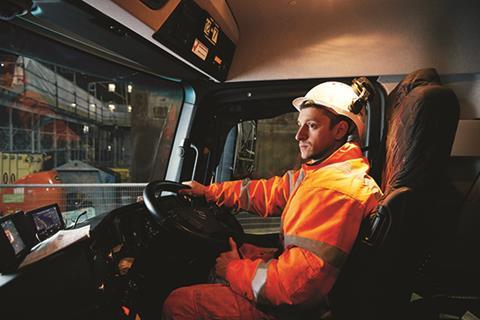
Aggregate Industries
Aggregate Industries has introduced a more robust, standardised, test-based training approach that will not just inform drivers of health and safety considerations, but will also encourage them to think about each individual situation and develop an overarching culture of safety‑consciousness within its hauliers.
This has never been more important than throughout the pandemic, it says, where a lack of face time with its hauliers has meant it needs to be more thorough in its monitoring of training.
First, the company developed its online e-learning platform – Time Out to Talk Safety (eToTS) – which complements any existing training without the need for special software or equipment. It also developed a searchable database, which allows hauliers to check the status of each driver’s e-learning.
Second, it introduced a new driver approval process – Driver Foundation Approval Programme (DFAP) – to ensure that all new delivery drivers are aware of a set of key safety requirements.
The judges said: “The e-learning platform was really good and the work they have done on the virtual side was really impressive.”
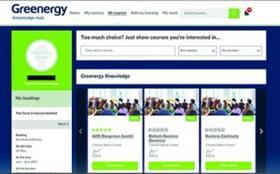
Greenergy Flexigrid
Greenergy Flexigrid operates in partnership with drivers, who own 25% of the business through an employee benefit trust. With an ongoing commitment to continual improvement, in 2020 it restructured its training programme and introduced a formal ‘Show me don’t tell me’ approach.
This is supported by a dedicated full-time professional training team and an online training platform that provides tailored and relevant training content featuring its own people, equipment and locations.
Since the programme’s introduction, it has seen an improvement in operating performance as well as an overall improvement in the confidence, quality and professionalism of its driver workforce.
The judges said: “The drivers are now reaching for help and are more confident with how they communicate and report incidents; that’s really significant. They also acknowledged that there’s too much choice in training and identified the three courses they believe are most relevant. That’s a clever way of getting engagement.”
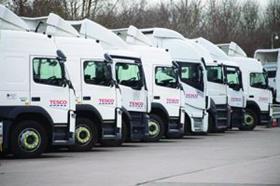
Tesco
Tesco needed to be agile, resilient and pragmatic in converting its processes into ones that met Covid-19 guidelines and still gave quality training to its drivers.
During the pandemic to date, it has recruited an additional 330 C+E drivers and 800 agency drivers. After a full review, it developed induction videos which included all the main safety aspects that would ordinarily be done face to face and in the cab. These included training on vehicle checks, trailer uncoupling, mirror check areas and store delivery and unloading.
Each year, Tesco also delivers periodic Driver CPC to its 3,000 drivers. However, last year it had to develop a CPC module that could be delivered remotely to ensure it didn’t fall behind with driver training.
The judges said: “Tesco has developed new areas of performance monitoring which is also really innovative. It responded to the pandemic very quickly with all the virtual training.”
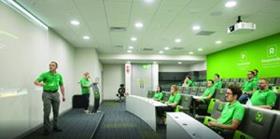
Wren Kitchens
Wren Kitchens insists that training and personal development underpin its success. The retailer’s transport and logistics team now exceeds 770 and its recruitment policy has always been about identifying enthusiastic, adaptable individuals with good moral values rather than aptitude.
In a year when safety, compliance and continuity took centre stage, Wren assessed, employed and trained an unprecedented 123 new drivers in four months to manage a spike in orders. It also continued to deliver training and coaching that resulted in efficiencies, increased performance, improved safety and supported individuals in their personal development.
The company has 15 RHA trained assessor/training managers working out of dedicated training academy facilities at six sites. In the past 18 months it has introduced initiatives that delivered significant safety, commercial and personal benefits. These have included projects focused on fuel-efficient driving, new driver infringements and even in-house firefighting.
With orders at an all-time high in 2020, never before has Wren had to rely on so many new drivers. The company kept to its policy of employing its own to ensure that standards were maintained.
The judges said: “Wren was the only one to mention recognition. They were very people-orientated and the entry also showed how they had measured the benefits of the programme with supporting statistics. Training defines them and it has enabled them to respond positively through the pandemic.”


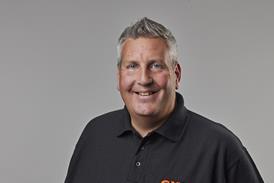








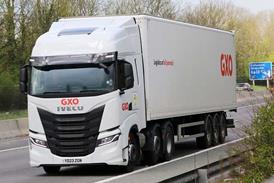

![Mercedes-Benz_eActros_600_(1)[1]](https://d2cohhpa0jt4tw.cloudfront.net/Pictures/274x183/8/2/0/17820_mercedesbenz_eactros_600_11_978080.jpg)